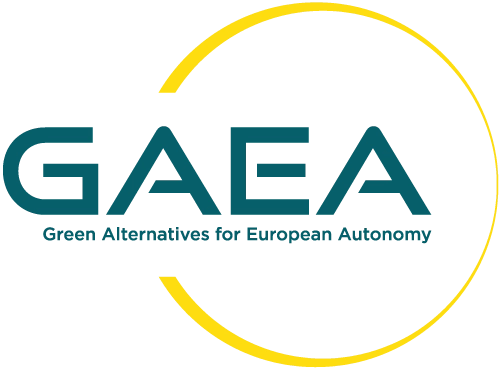Welcome to “Energy Efficiency,” a thematic category within the GAEA (Green Alternatives for European Autonomy) Open Innovation Program!
This is the place where the convergence of technology, innovation, and sustainability is redefining our approach to energy consumption and management. This area is dedicated to fostering breakthroughs in energy use, with a primary focus on developing solutions that significantly reduce energy consumption and increase efficiency across various sectors.
The Energy Efficiency Innovation Area is at the heart of Europe’s journey towards a more sustainable and energy-autonomous future. Here, we delve into the realms of advanced renewable energy integration, smart grid technologies, and energy-efficient design in both industrial and domestic settings. This area stands as a beacon of progress, illustrating how innovative thinking and technology can lead to a more sustainable and energy-independent Europe.
In a world where energy consumption is intricately linked to environmental impacts, the need for more efficient and renewable energy solutions has never been greater. We are on a mission to challenge and transform traditional energy paradigms, focusing not only on reducing our carbon footprint but also on enhancing energy security and autonomy, especially keeping in mind the aftermath of the war between Russia and Ukraine. This involves a multifaceted approach, encompassing everything from the optimization of energy in buildings and transportation to the seamless integration of renewable energy sources into existing infrastructures.
This Innovation Area is addressed to:
- Individuals from Business, Finance, Marketing, Technology, and Engineering academic sectors studying or recently completed their studies (up to four years) in any European University
- Researchers and/or Ph.D. students in any relevant to the Innovation Areas science fields from any European University
who have or want to develop an innovative idea for European Energy Efficiency.
